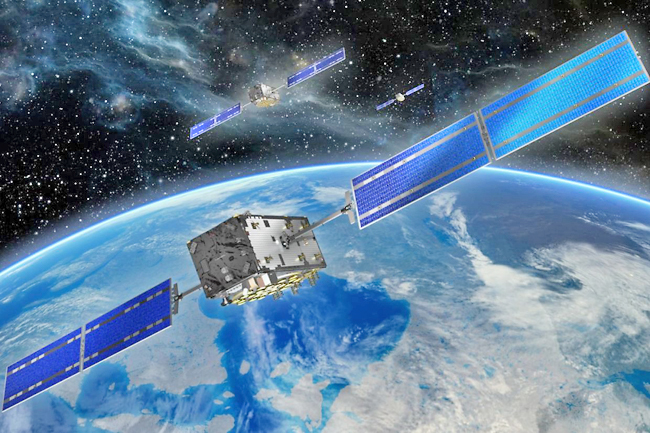THE STAR – Singapore is adopting a new method to better monitor the amount of moisture in the atmosphere, a move that could boost the weatherman’s ability to predict severe weather and thunderstorms amid climate change.
Unlike current methods that give limited and localised readings, the new method allows the Meteorological Service Singapore (MSS) to monitor moisture continuously throughout the entire atmosphere by using satellite signals.
As air moisture distribution in the atmosphere influences rainfall, the continuous stream of data could help the MSS better predict the weather, which is expected to turn erratic with global warming.
The new method, which will be used from late August, makes use of satellite signal readings from 10 so-called reference stations dotted across the island.
These ground stations receive satellite signals and are being used to help determine the positions of people and vehicles to make navigation more reliable.
Water vapour in the atmosphere causes delays in the time taken for satellite signals to reach the stations, hence the amount of moisture in the air can be determined by the time taken for signals to reach the stations.



